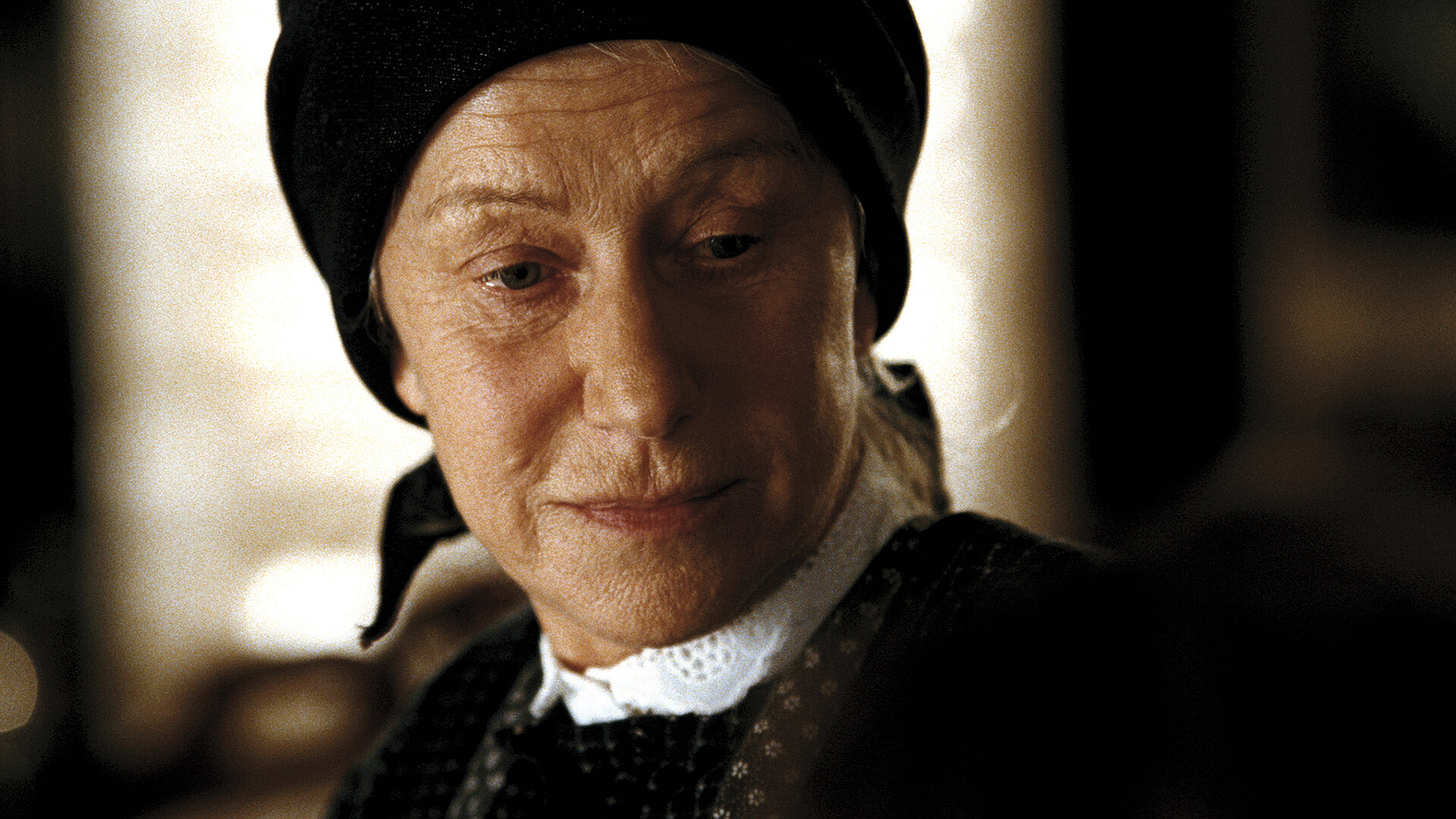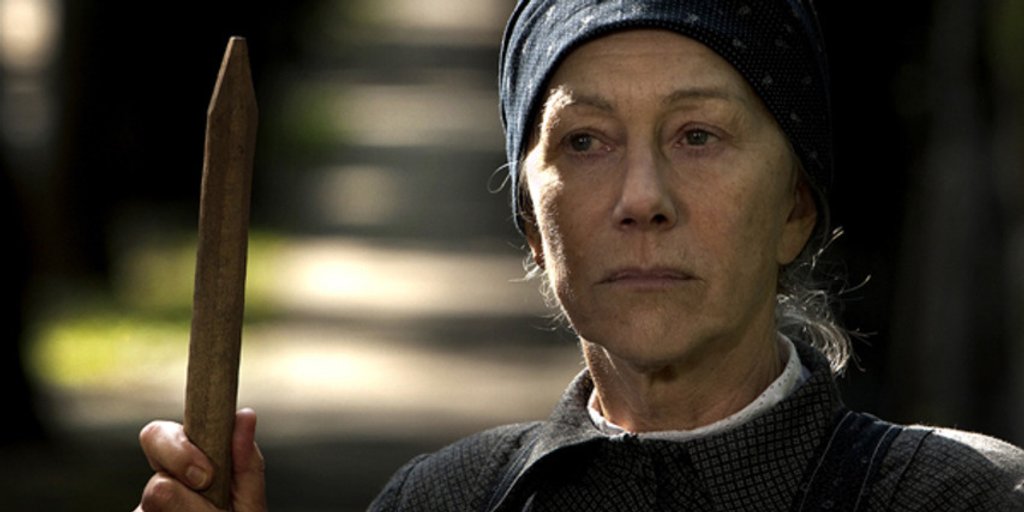A Haunting Reflection on Regret and Redemption
The Door (original title: Die Tür) is a haunting German science fiction thriller directed by Anno Saul, starring Mads Mikkelsen in a gripping performance that combines psychological depth with supernatural mystery. Released in 2009, the film explores profound themes of guilt, second chances, and the consequences of tampering with fate. Based on the novel by Akif Pirinçci, this underrated gem offers a slow-burning yet emotionally potent story that lingers long after the credits roll.
The story centers on David Andernach, a once-famous painter whose life spirals into chaos after the tragic death of his young daughter, Leonie. Distraught and overwhelmed with guilt—especially since her death occurs while he is having an affair—David’s marriage collapses and he descends into a life of despair. However, his world is turned upside down when he stumbles upon a mysterious door hidden in the woods near his home. This door, as he soon discovers, is a portal to the past—a chance to return to the exact moment before his daughter’s death.
Driven by anguish and longing, David steps through the door and arrives five years earlier. He immediately takes the opportunity to save his daughter, but the act of changing the past comes with disturbing consequences. In this new timeline, another version of himself already exists, living with his wife and daughter. The tension escalates as David struggles to replace his former self without being discovered, eventually leading to a confrontation that is as philosophical as it is violent.

What sets The Door apart is its fusion of psychological thriller and science fiction. Rather than focusing on the mechanics of time travel, the film emphasizes emotional consequences. It asks: if you were given a second chance, could you truly undo your past mistakes, or would you simply repeat them? The duality of identity, the pain of grief, and the moral ambiguity of rewriting one’s history are all explored with a quiet intensity. Mads Mikkelsen delivers a nuanced performance, portraying David with a raw mix of vulnerability and determination. His presence anchors the film, making the implausible premise feel grounded and emotionally believable.
Cinematographically, the film captures a somber, muted palette that reflects the internal state of the protagonist. The woods and the enigmatic door create an atmosphere that feels both magical and menacing. The film moves at a deliberate pace, allowing the emotional weight to build gradually rather than relying on cheap thrills. This patience pays off, offering a richer, more contemplative viewing experience.

The Door may not have achieved mainstream recognition, but it remains a poignant exploration of loss, guilt, and the dangerous allure of erasing the past. It speaks to anyone who has ever wished to undo a moment of failure, asking whether redemption is truly found in second chances—or in learning to live with the scars of the first. For viewers seeking a thoughtful, emotionally charged thriller with a supernatural twist, The Door is a quietly powerful film that deserves attention.

